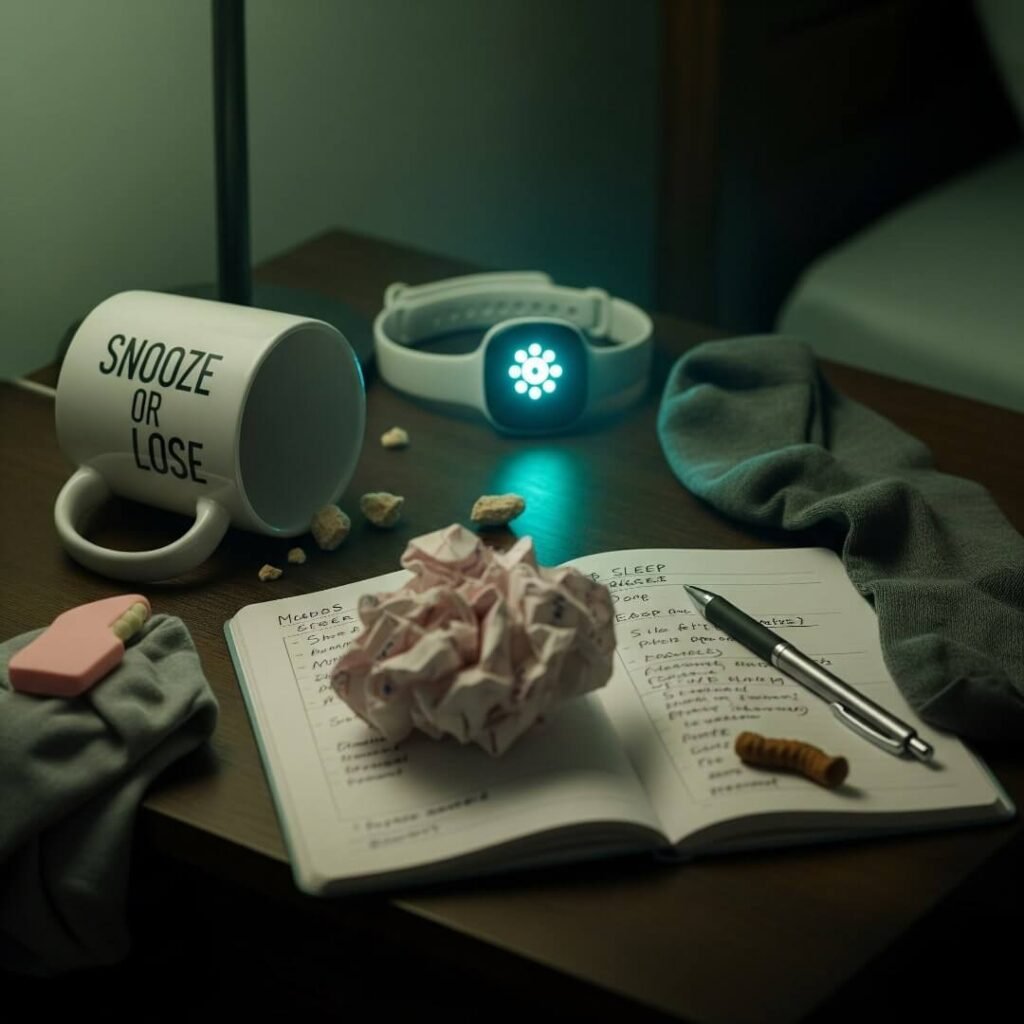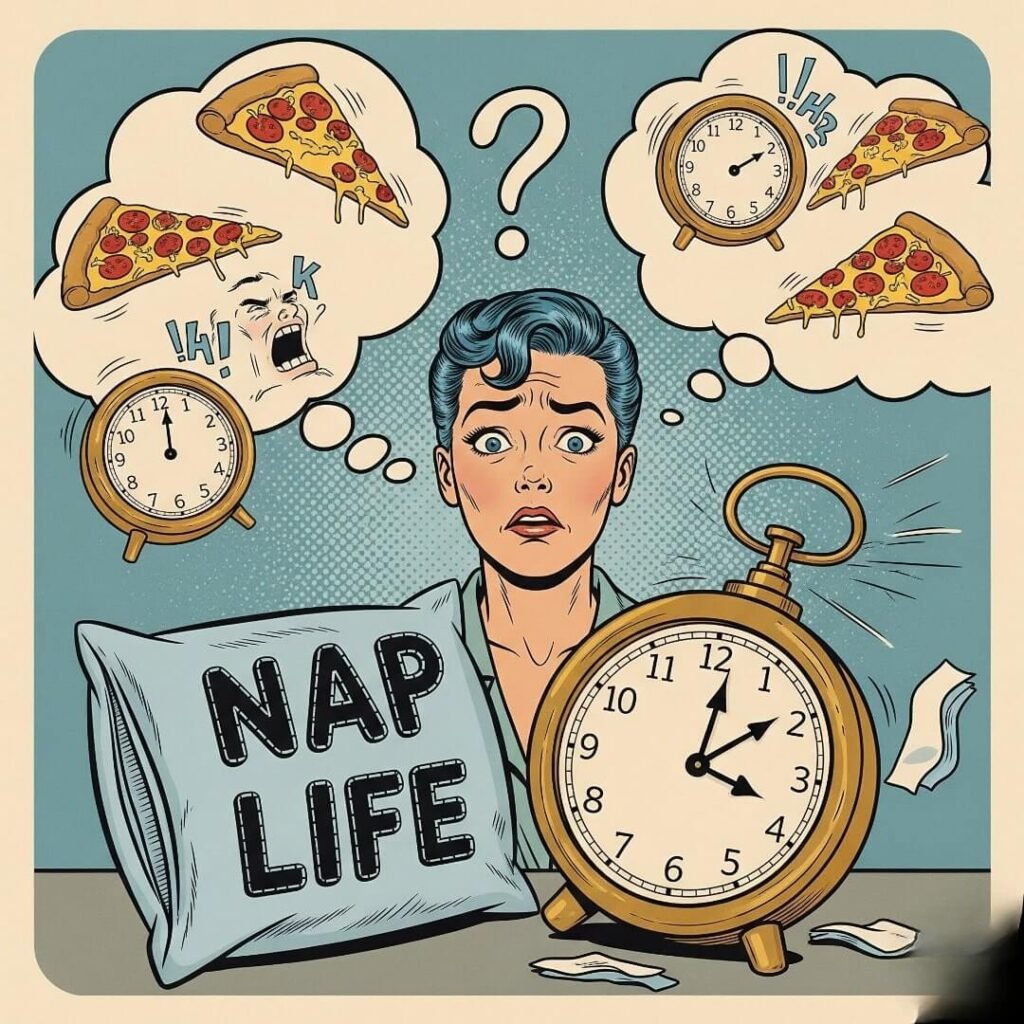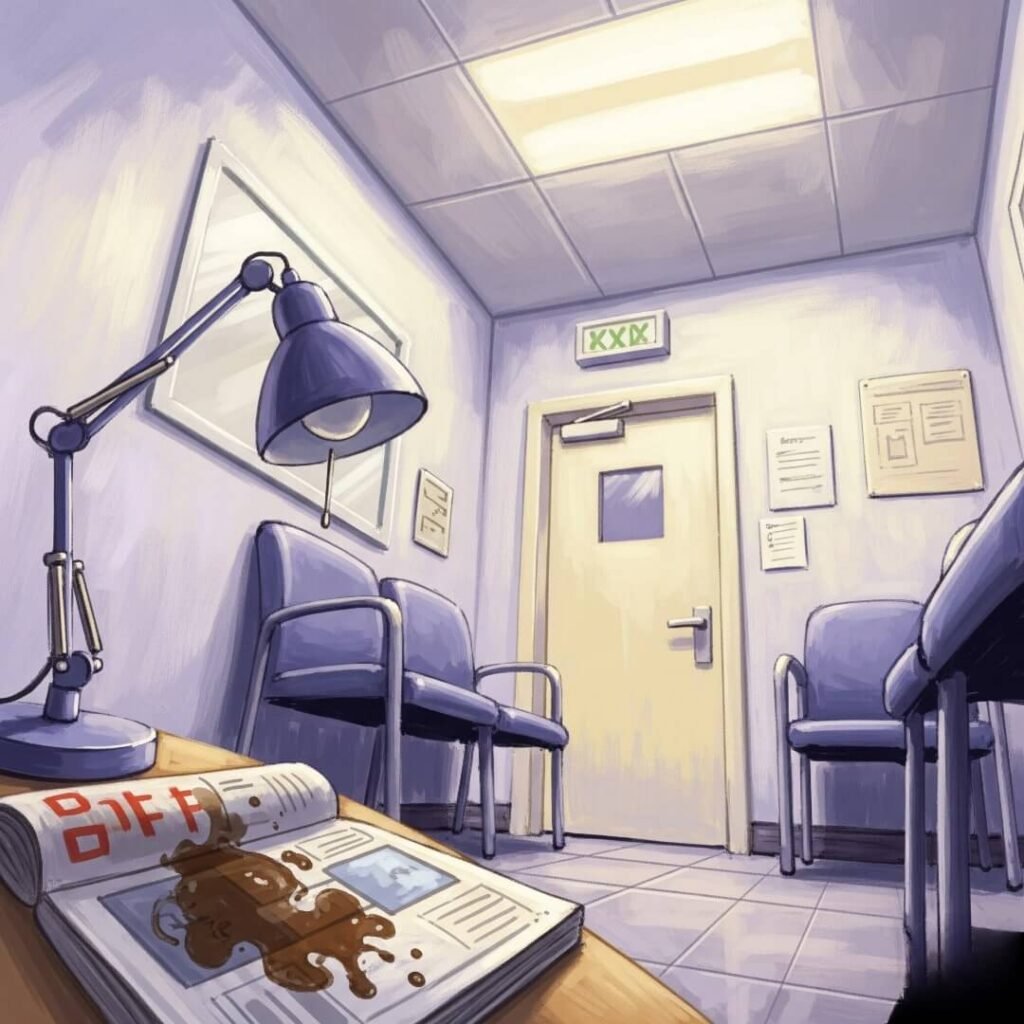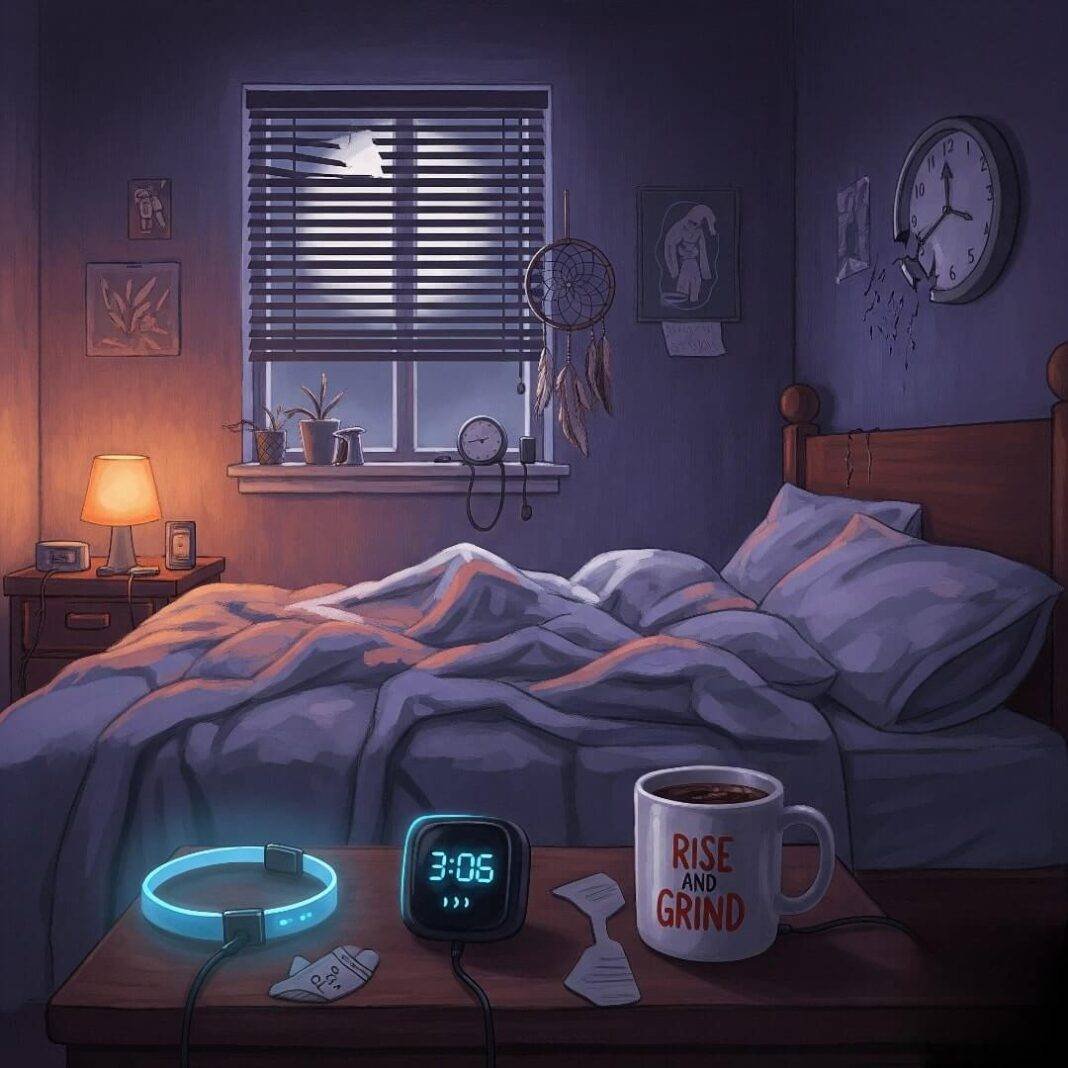Understanding Sleep Disorders: My Messy Journey to Better Sleep Solutions
Okay, understanding sleep disorders is like trying to untangle Christmas lights in the dark while your neighbor’s dog barks like it’s auditioning for a metal band. I’m sitting here in my cramped Boston apartment, the radiator hissing like it’s possessed, and my coffee’s gone cold—again. My bed’s a disaster, sheets twisted like my brain at 2 a.m., and I swear my sleep tracker’s flashing “LOSER” at me. Like, seriously, I’ve been battling sleep problems for months, and it’s a total dumpster fire. I’m no expert—just a guy fumbling through sleep issues in the US, trying to find relief without losing my mind. Here’s my raw, kinda embarrassing take on understanding sleep disorders, with all the screw-ups and small wins.
Why Understanding Sleep Disorders Feels Like Chasing My Own Tail
Man, sleep problems are the worst. I had this one night last week, right, where I was staring at my ceiling in Somerville, the streetlights flickering outside like some creepy Morse code. My brain was like, “Hey, remember that awkward email you sent in 2019?” and I couldn’t shut it off. That’s insomnia, apparently, and it’s not just me—Sleep Foundation says like 30% of folks deal with it. I was chugging Red Bull at noon, thinking it’d be fine. Spoiler: it wasn’t.
Then there’s other sleep disorders, like sleep apnea (where you stop breathing—yikes!) or restless leg syndrome, which I totally thought I had after my legs started twitching during a “Stranger Things” marathon. Turns out, it might’ve just been too much coffee, but still. Understanding sleep disorders means admitting you’re not just “tired”—it’s deeper, and it sucks.

My Kinda-Okay Treatments for Sleep Problems
So, what’s worked for my sleep struggles? I’m no sleep guru—half the time I’m googling “why can’t I sleep” at 4 a.m.—but I’ve tried some stuff. Here’s what’s sorta helped:
- CBT-I (Fancy Therapy Stuff): Cognitive Behavioral Therapy for Insomnia is like reprogramming your brain to stop freaking out at night. I found a therapist on BetterHelp who didn’t judge me for my 3 a.m. panic spirals. It’s slow, but it’s helped me chill out a bit.
- Sleep Hygiene (Ugh, I Know): Sounds like something your mom yells about, but keeping my room dark and cool actually works. I got blackout curtains from Target, and now my bedroom’s like a bat cave. Ditching my phone before bed’s harder than quitting pizza, though.
- Melatonin and Stuff: I tried melatonin, but one time I took too much and had a dream about wrestling a giant hot dog. Not cool. For serious sleep disorders like apnea, a CPAP machine might be the vibe—check Mayo Clinic for the real deal.
Oh, and I totally bombed with this “sleep spray” I bought online. Smelled like a wet dog and did nothing. Understanding sleep disorders is trial and error, and I’m the king of errors.
Resources That Actually Help with Sleep Disorders
When you’re deep in sleep problems, you need resources that don’t make you wanna nap from boredom. Here’s what I’ve leaned on:
- Sleep Foundation: Their stuff on sleep disorders is legit—no fluff, just facts. I read up on sleep apnea after my buddy said my snoring sounded like a lawnmower.
- American Academy of Sleep Medicine: They’ve got this tool to find sleep clinics near you. I used it to find one in Boston, and it was a lifesaver for getting real advice.
- Headspace: Their sleep meditations are weirdly soothing. I’m not even into that mindfulness crap, but their sleepy voiceovers knock me out sometimes.

My Dumbest Sleep Disorder Mistakes (Don’t Try This at Home)
I’ve messed up so much while figuring out sleep disorders. Like, I thought pounding Monster Energy at 5 p.m. was no big deal—wrong. I also tried “catching up” on sleep by sleeping all Saturday, which just made me feel like a hungover sloth. The CDC’s sleep tips schooled me—consistency matters, not nap marathons.
And, oh god, the time I bought a white noise machine that sounded like a broken blender? Returned it the next day. I also tried this “sleep tea” that tasted like dirt and gave me heartburn. Lesson learned: don’t trust every Amazon review when you’re desperate for better sleep.

































